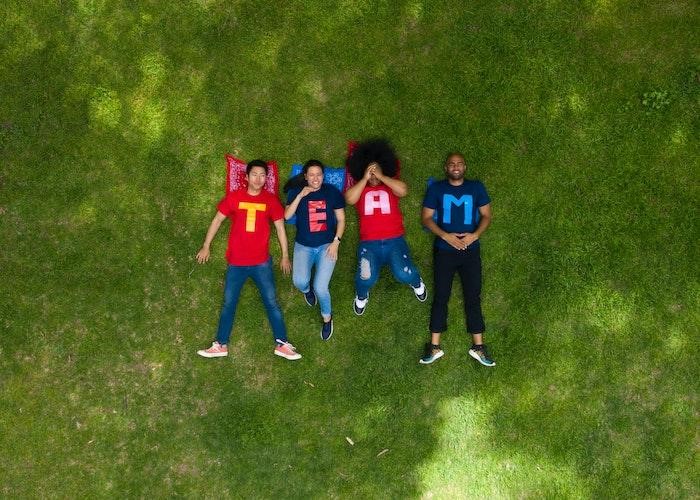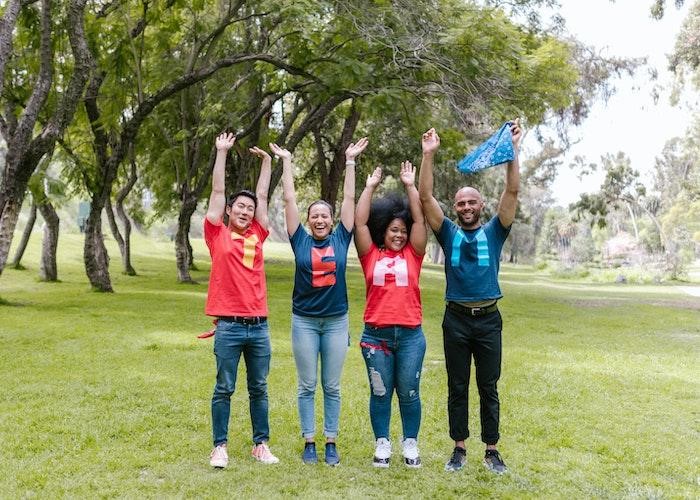There is no doubt that effective training empowers success. Not only are individuals themselves transformed psychologically and emotionally in response to training, but the organisation will also benefit directly from their enhanced skills and knowledge. We cannot underestimate the impact of changed attitudes and perceptions as a result of training and the real telltale sign of growth and development is the changed behaviour of participants within the workplace.
Over time, the real results of investment in training are magnified and realised. This holds particularly true for inclusive leadership through training where leaders are at the vanguard of change initiatives. If leaders do not master inclusive leadership through training there is little probability others will either.
It is really important that unconscious bias online training underpins inclusive leadership training as all leaders must have an in-depth knowledge of cognitive functioning in order to maximally benefit from every aspect of the learning undertaken. To master a subject, we cannot afford to have superficial insights or approaches. First and foremost, leaders need to have a deep appreciation of their own personality type. This includes natural inclinations and how they are most likely to process data and experiences.

Seeing ourselves
To give leaders the best potential to orient themselves during inclusive leadership training they must understand that different personality types select different data, assimilate it in accordance with perceptions, and assign meaning. Acknowledging that none of us experiences the world in exactly the same way is a growth opportunity, allowing leaders to see the potential new ways of being in the world if we are able to draw different inferences and conclusions from heightened self-awareness and awareness of others.
Inclusive leadership through training excels at pointing out that it is critical to manage our perceptions actively in the service of making less predetermined or prescribed judgements. In this sense, inclusive leadership training and unconscious bias online training is really about leaders learning to liberate their minds and reformulate established patterns. It is only when we truly begin to see things differently and experience altered emotions in response to more diverse cognitive processing that we will alter our beliefs.
As leaders undergo more and more training, more and more fresh data is introduced into our cognitive processing, increasingly moving us away from stereotypical thinking. Unconscious bias online training keeps our mental agility focused on maximum differentiation. This is key to unlocking our capacity for greater diversity in thought and more inclusive mental models. We want to move away from our default mental settings if we are going to empower our minds to incorporate new things. Inclusive leadership through training lays bare the fact that leaders need to put in the mental work before shifts in behaviour will become evident and the attainment of inclusivity goals realised.
Seeing others
The beauty of starting with ourselves when we undergo inclusive leadership training is that none of us really trust the notion that we might fit into a particular stereotype. Seeing ourselves as unique authentic individuals capable of considerable change reinforces the realisation that every other person similarly is not part of any stereotype or category and equally capable of infinite change. This comprehension can be life-changing in terms of motivating us to credit others with equal humanity and dignity.
Acceptance of uniqueness after inclusive leadership through training teaches us to have an inquiring mind. Always on the lookout for our blind spots and what is hidden. Our desire to know ourselves and others more intimately is enhanced as we become excited about the prospects of uncovering whatever is not self-evident. We become passionate about the quality of our interactions and relationships in pursuit of truth and as a result, will seek to enhance our full range of intrapersonal and interpersonal skills. Sharing, listening, feedback, and advocacy become staple activities to strengthen our pursuit of inclusivity.
As leaders strive to master inclusivity, they will unsurprisingly concurrently grow in the areas of emotional, psychological, and spiritual maturity and intelligence. Indeed, an empowering combination.
